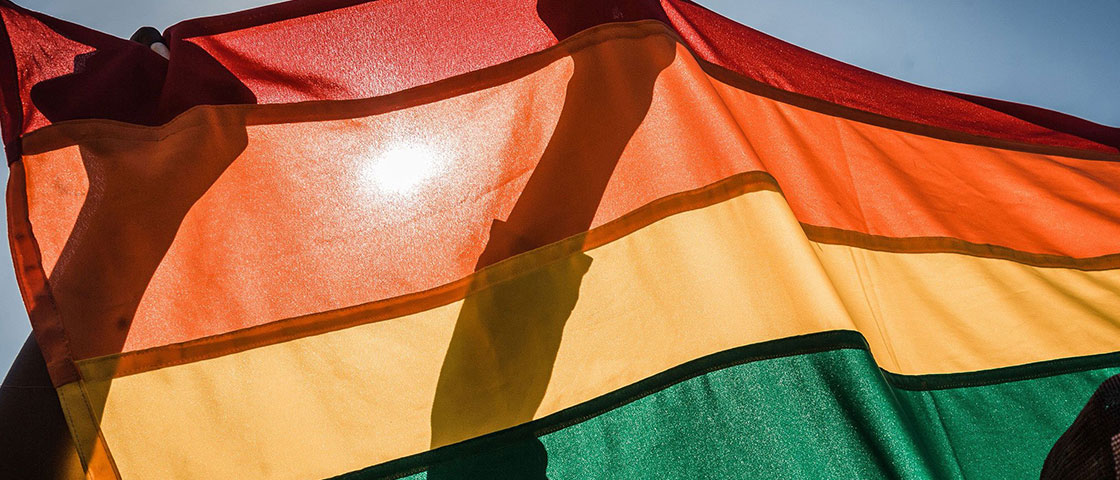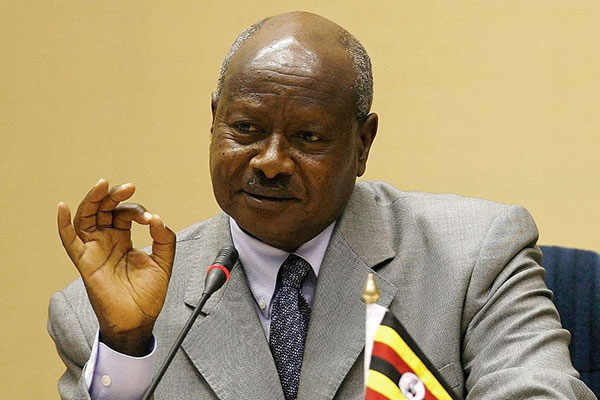The HIV/AIDS treatment centre in Kampala is mostly empty, only days after Uganda passed one of the world's most harsh anti-gay laws.
According to workers, the regular daily influx of roughly 50 patients has dried up. Unused antiretroviral medications accumulate.
The resident medical officer at the US-funded clinic, Andrew Tendo, warned that new waves of HIV infections were building even as vulnerable people avoided treatment centres for fear of being recognized and prosecuted under the new legislation.
.jpg)
Gay sex is punishable by life in jail under the bill, which President Yoweri Museveni passed into law last week, while "aggravated homosexuality" - which includes HIV transmission - is punishable by death.
Did you read this?
Until this year, the Kampala clinic had been a beacon of success in the fight against HIV in Uganda, where the virus infects 1.4 million people and kills 17,000 people yearly, according to the state-run Uganda AIDS Commission.
Tendo added that the HIV cases presenting have become more severe as people skipped medications, so when patients do come in, it's typically out of sheer need.
Uganda's health minister refuted a US official's claim that the measure will reverse the country's accomplishments in fighting.
Uganda's health minister refuted a US official's claim that the law would undo the country's accomplishments in the fight against HIV/AIDS, saying last week that the government would guarantee that prevention programs remained available to individuals who needed them.

Nonetheless, according to Mary Borgman, country director for the US President's Emergency Plan for AIDS Relief (PEPFAR), which funds the Kampala clinic and about 80 other drop-in centres across Uganda, the trend of HIV patients staying away from treatment centres is being mirrored on a national level.
She stated that fear had discouraged people from seeking therapy since the anti-gay law was proposed in parliament in March.
The updated version signed by Museveni did not criminalize just identifying as LGBTQ, as a previous version had done. It changed a component that obliged adults to disclose gay activity only to require reporting when a kid was involved.
Tendo, a medical officer at the Kampala clinic sponsored by the local charity Icebreakers Uganda, said he knew the anxieties of LGBTQ individuals in Uganda, who often face rejection from their families and arrests.









